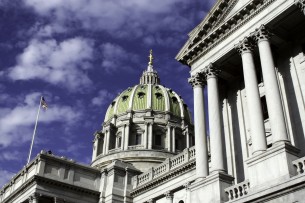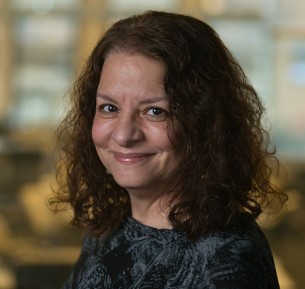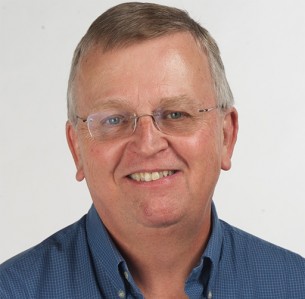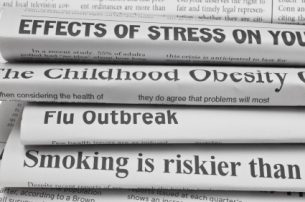
The University of Florida College of Journalism and Communications (UFCJC) today announced the creation of The Collier Prize for State Government Accountability, a prize that will be awarded annually at the White House Correspondents’ Association (WHCA) dinner starting in 2020. The $25,000 prize, one of the largest journalism prizes in…
Read more
News organizations are starting to experiment with automated content. Research suggests readers perceive news written by algorithms as less credible than if it’s written by a human. However, this perception can be reduced by exposure to robots in popular culture. That’s the finding of two studies examining the impact of…
Read more
The University of Florida College of Journalism and Communications announced today that Joanna Hernandez will be joining the College in July as Director of Inclusion and Diversity and a lecturer in the Journalism Department. As Director of Inclusion and Diversity, a new position at the College, she will be responsible…
Read more
Ron Rodgers, University of Florida College of Journalism and Communications Journalism associate professor, is the author of The Struggle for the Soul of Journalism: The Pulpit versus the Press, 1833-1923, published by the University of Missouri Press on April 30. The book examines several narratives involving religion’s historical influence on…
Read more
Faced with dwindling resources, and a news cycle that never sleeps, today’s health journalists must meet a new challenge: provide complete, trustworthy content on health care issues with precision at the same breakneck speed with which the medical field innovates. In an article published this year in the journal Health…
Read more
Darlena Cunha, an adjunct Journalism lecturer in the University of Florida College of Journalism and Communications, is the author of “I Have the Scary Cancer Mutation. When Should I Have My Breasts Removed?,” published in The Washington Post on March 18.
Read more
The portrayal of violence in media has been a subject of widespread debate, argument and study. Some research suggests that viewing violence in media that “sanitize, justify or trivialize violent acts” might normalize it and make it more enjoyable. Less well-known are techniques to reduce the possible effects of viewing…
Read more
By Clay Calvert College campuses often are crucibles for free-speech controversies. The first eight months of 2017 were no exception, witnessing multiple incidents where conservative speakers like Ann Coulter and Milo Yiannopoulos drew opposition, anger and sometimes violence. So what happens when a controversial person – perhaps a non-student who…
Read more
By Ethan Magoc Where do I find story ideas? It’s the most common day-to-day and semester-to-semester inquiry from students at the Innovation News Center at the University of Florida’s College of Journalism and Communications. We have a 100-seat working public media newsroom, and there are hundreds of new names, faces…
Read more
by Frank Waddell After the proliferation of fake news during the 2016 election cycle, the journalism field has come to a grim realization: Accuracy is no longer necessary for news to reach a broad audience. This is particularly problematic on social media, where traditional journalistic functions such as gatekeeping aren’t…
Read more
By Paul Mena Fake news is nothing new. Discussions about “fake news” can be traced back for more than a century. However, it is clear that after the shocking rise of false news stories on social media during the 2016 U.S. presidential election, there has been a growing concern about…
Read more
University of Florida College of Journalism and Communications students traveled to Berlin, Germany in May for a two-week photojournalism study aboard program led by CJC Journalism Associate Professor John Freeman. Seventeen students created multimedia pieces ranging from a Syrian refugee to artists to musicians. An online gallery, produced on-site in…
Read more